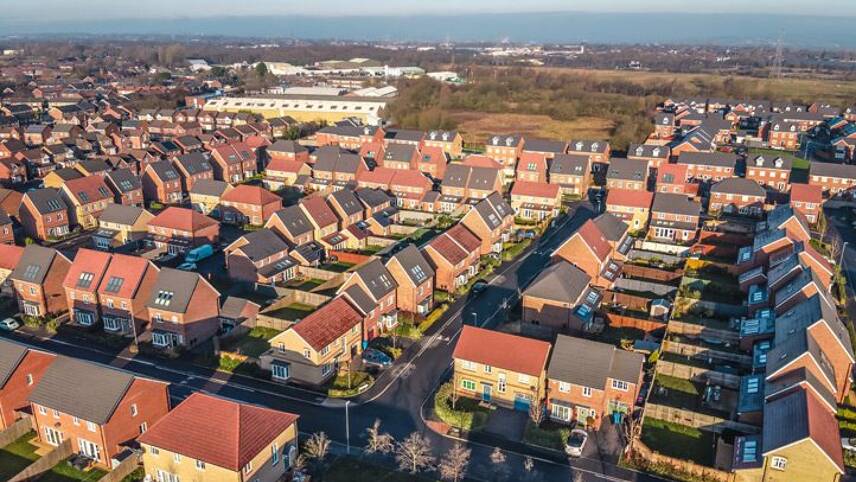Register for free and continue reading
Join our growing army of changemakers and get unlimited access to our premium content

The Building Back Britain Commission has this week urged the Chancellor to unlock new resources that would see around 2.3 million homes made more energy-efficient. This, the Commission states, would be supported through the Conservatives existing £9.2bn energy efficiency pledge that it made in its General Election manifesto back in 2019.
The Commission noted this would equate to around £2.3bn annually in the short-term to support households, namely the 2.3 million homes across England that are valued below £162,000 and have a EPC rating of D or worse. These, the research claims, are mainly located in areas that the Government wants to “level up”.
The Commission – which consists of firms including, Legal & General, Mace, Thakeham, Barratt Developments and Riverside Group – claims that moving these buildings from EPC band D to C would allow families and tenants to save an average of £200 per year.
The Commission’s chair, Terrie Alafat CBE, said: “Government needs to get serious about tackling the cost of living crisis with radical action to improve the energy efficiency of millions of our homes.”
“In the long-term, taking decisive action now to make our homes more energy efficient will enable the UK to make much-needed strides forwards on the path towards net-zero. In the short-term, it will also mean lower fuel bills for millions of people who are suffering as a result of the energy crisis and urgently need help with the cost of living.”
At the start of the year, Ofgem announced the new energy price cap for average gas and electricity bills, meaning that the average home will see dual-fuel bills rise above £1,900. There have been fresh calls for Government-level focus on energy efficiency and renewables to decrease the nation’s reliance on imported gas.
Prior to the energy crisis, research found that the UK’s retrofitting industry needs to grow by ten times its current size if the UK is to decarbonise its housing stock at a pace suitable for the wider net-zero emissions target.
The paper, published by Bankers for Net Zero and the Green Finance Institute, claims that an estimated 29 million homes need to be retrofitted with low-carbon solutions if the UK is to meet net-zero emissions by 2050.
Heating and powering homes make up 23% of the UK’s carbon footprint. Tackling these sources of emissions will also assist with job growth across the UK, notably for small and medium-sized organisations (SMEs), the paper adds.
More recently, Industry body the Association for Decentralised Energy (ADE) has launched a new campaign urging the Treasury to scrap VAT on energy retrofits for the UK’s building stock, in a bid to combat spiralling energy costs.
Currently, all retrofit works for existing buildings, such as the installation of triple glazing or insulation, have a 20% VAT rate applied. VAT exemptions are no longer limited in the UK following Brexit, and the ADE is calling on the Treasury to exercise these new freedoms to kickstart a retrofit programme.


Please login or Register to leave a comment.